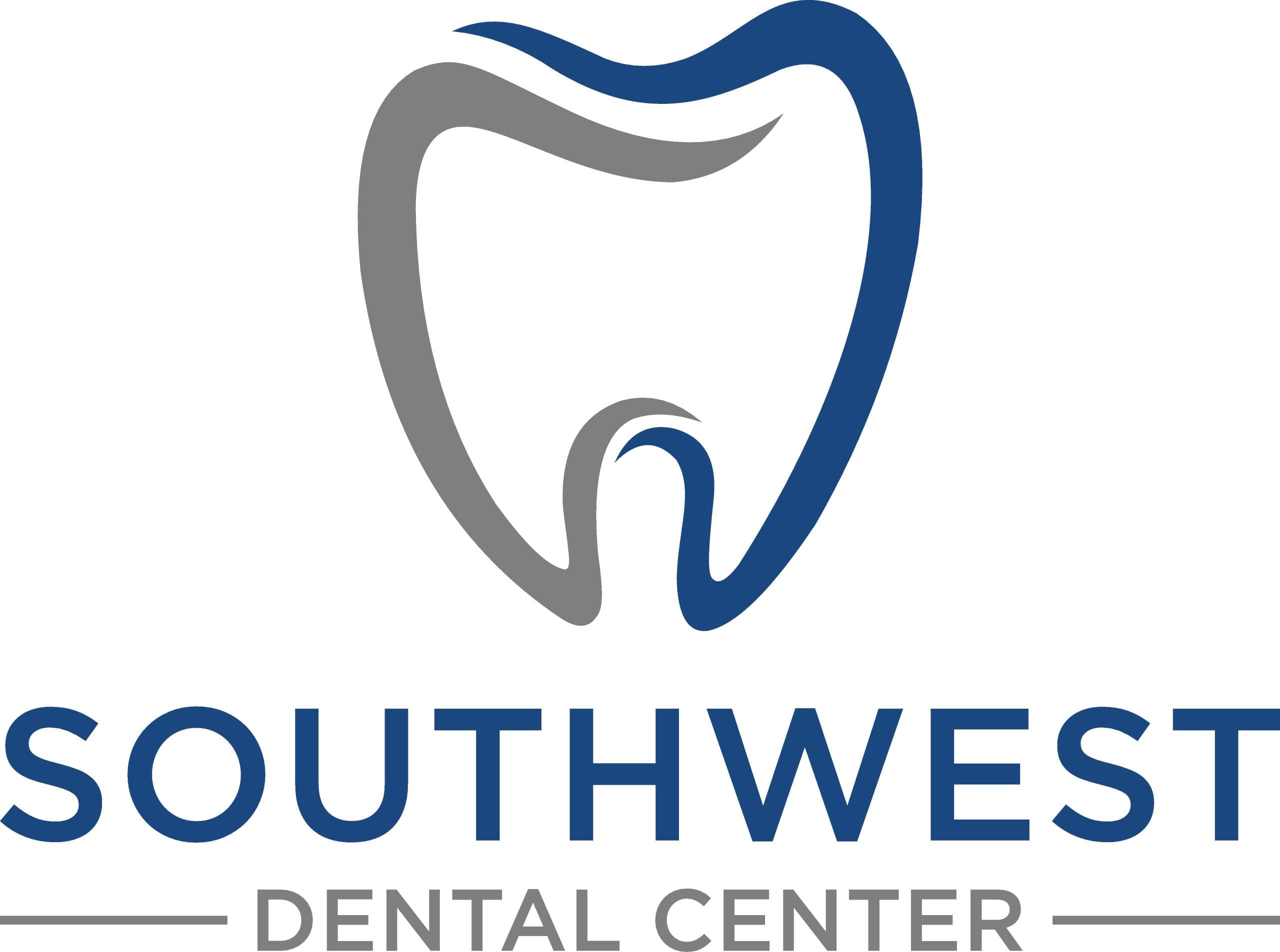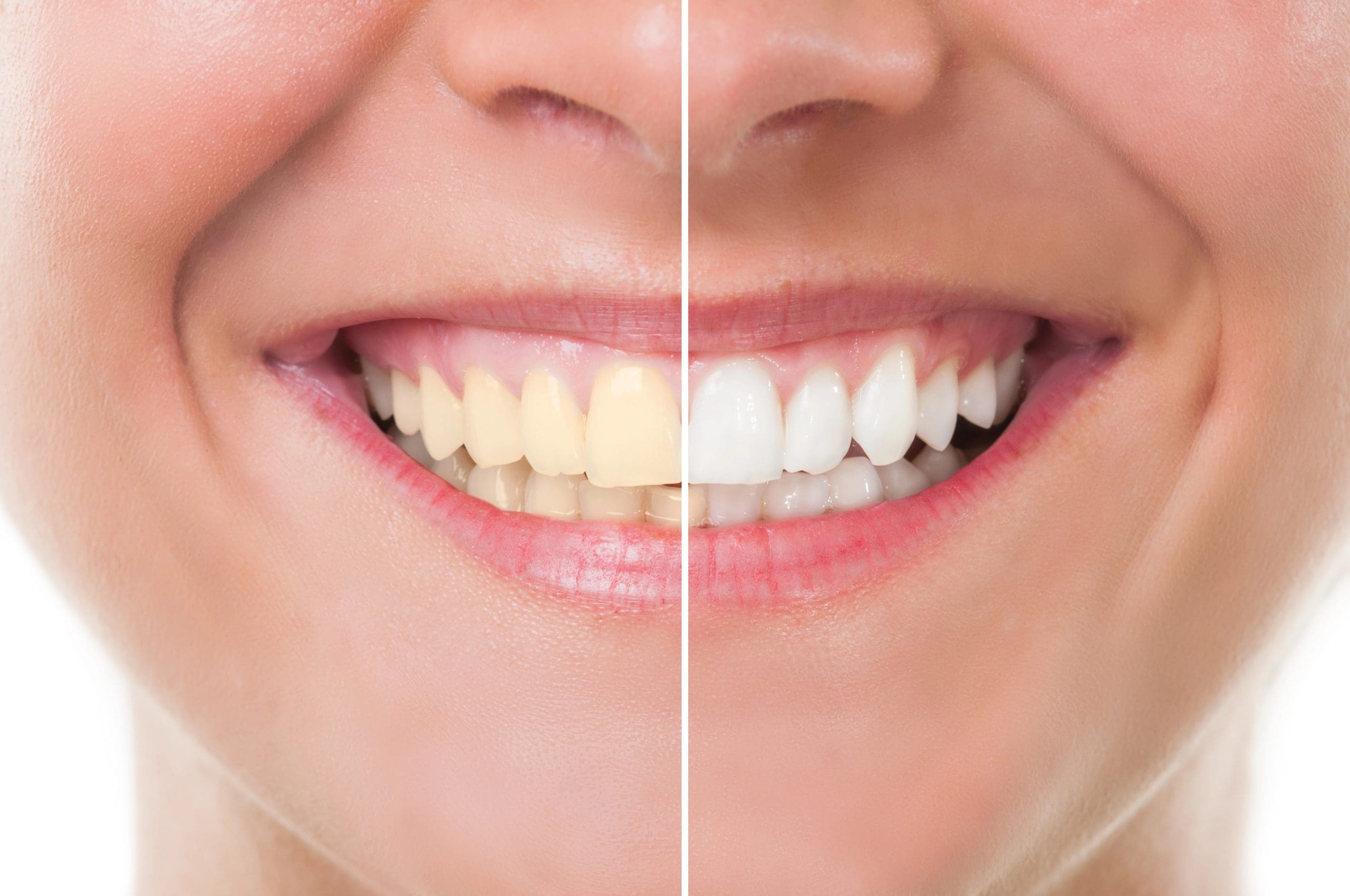Are you curious about how tartar buildup prevention can contribute to better oral health? Tartar buildup prevention is essential as it helps maintain the cleanliness and integrity of your teeth. Regular dental check-ups and proper oral hygiene practices play a crucial role in preventing the accumulation of tartar.
Tartar Buildup Prevention: Understanding Tartar and Its Formation
Tartar buildup prevention starts with a basic understanding of what tartar is and how it forms. Tartar, also known as dental calculus, is a hard, crusty deposit that forms on teeth when plaque, which is a sticky film of bacteria, hardens. Plaque begins to form on teeth soon after eating or drinking anything with carbohydrates. If not removed regularly through basic dental hygiene practices, plaque can mineralize into tartar, typically within 24 to 72 hours. Tartar is significantly harder than plaque and adheres strongly to tooth enamel as well as below the gum line.
This hardened substance is not just a cosmetic issue; it can lead to serious dental health problems if not addressed. Unlike plaque, which can be removed with regular brushing and flossing, tartar requires professional dental tools for removal. This underscores the importance of regular dental check-ups and cleanings to manage and prevent the progression of tartar buildup. For more on how often you should seek professional cleaning, consider reading about Dental Cleaning Frequency: Expert Recommendations.
Factors Influencing Tartar Accumulation
Understanding the factors that influence tartar accumulation is crucial for effective tartar buildup prevention. One of the primary contributors to tartar formation is the natural presence of bacteria in the mouth, which combines with proteins and food byproducts to form plaque. This sticky deposit adheres to the surfaces of teeth and, if not removed regularly, can harden into tartar. The rate and extent of tartar buildup can also vary significantly based on individual saliva chemistry, dietary habits, and overall oral hygiene practices.
Genetics also play a role in how susceptible someone might be to tartar accumulation. Some individuals may experience faster buildup due to genetic predispositions that affect saliva composition and flow. Regular dental check-ups are essential in managing these factors effectively. If you’re looking to maintain your oral health, Book a Dental Cleaning in Fort Wayne to help manage tartar accumulation professionally.
Daily Oral Hygiene Practices
Maintaining daily oral hygiene is essential for tartar buildup prevention. Consistent care helps manage the accumulation of plaque, which can harden into tartar if not addressed. Regular cleaning routines contribute to overall dental health and can support the natural processes that protect teeth and gums from various oral health issues.
Importance of Regular Dental Visits
Regular dental visits play a crucial role in maintaining oral health and are essential for effective tartar buildup prevention. These check-ups allow professionals to monitor your oral hygiene and address any issues before they escalate. Consistent evaluations by a dentist help in identifying tartar accumulation, which if left unchecked, can lead to more severe dental problems. Maintaining a schedule of regular dental appointments is a fundamental part of oral care. For those in the Fort Wayne area seeking a reliable dental practice, consider visiting Fort Wayne Dentist at Southwest Dental Center Family & Cosmetic Dentistry.
Impact of Diet on Tartar
The foods and beverages consumed can influence the formation of tartar on teeth. Tartar, also known as dental calculus, is a hardened deposit that can form on the teeth when plaque accumulates and mineralizes. Certain dietary choices may accelerate this process, affecting oral health by potentially leading to gum disease and tooth decay if not managed properly. Understanding the relationship between diet and tartar buildup is crucial for maintaining dental hygiene.
Signs of Excessive Tartar Buildup
Recognizing the signs of excessive tartar buildup is crucial for effective tartar buildup prevention. Common indicators include yellow or brown stains near the gum line, persistent bad breath, and a rough texture on the teeth where the tongue can feel tartar deposits. If left unchecked, tartar can lead to more serious dental issues like gum disease and tooth decay. Regular dental check-ups, proper brushing, and flossing are essential in preventing tartar from compromising your oral health. Identifying these signs early can make a significant difference in maintaining a healthy, tartar-free smile.
Consequences of Ignored Tartar
Ignoring tartar buildup can lead to several severe dental issues, emphasizing the importance of effective tartar buildup prevention. When tartar accumulates on teeth, it not only causes discoloration and aesthetic concerns but also increases the risk of gum disease, such as gingivitis and periodontitis. This hardened plaque can create a breeding ground for bacteria, leading to inflammation and infection of the gums. If left untreated, it can result in tooth loss and may even contribute to heart disease and other health problems. Regular dental hygiene and professional cleanings are crucial to prevent these complications.
Role of Saliva in Oral Health
Saliva plays a crucial role in maintaining oral health and is instrumental in tartar buildup prevention. It not only helps in digesting food by breaking it down with its enzymes but also acts as a natural cleanser for the mouth. By constantly washing away food particles and debris, saliva prevents them from sticking to the teeth and hardening into tartar. Moreover, it neutralizes acids produced by bacteria in the mouth, protecting teeth from decay. Ensuring a healthy flow of saliva can significantly reduce the risk of tartar formation and promote overall oral hygiene.
Age-Related Tartar Development Trends
As we age, our dental health faces new challenges, one of which is an increased risk of tartar buildup. Understanding age-related tartar development trends is crucial for effective tartar buildup prevention. Young adults might experience less tartar accumulation due to higher saliva production, which naturally helps in cleaning teeth. However, as individuals age, saliva production decreases, and the risk of tartar formation increases, particularly near the gum line and between teeth. This makes adopting meticulous dental hygiene practices essential, including regular brushing, flossing, and using mouthwash. Additionally, routine dental check-ups become increasingly important to prevent tartar buildup and protect oral health as we age.
Conclusion
For more insights on tartar buildup prevention, feel free to read reviews on Google Maps. If you have questions, call us at 260-444-5728.

